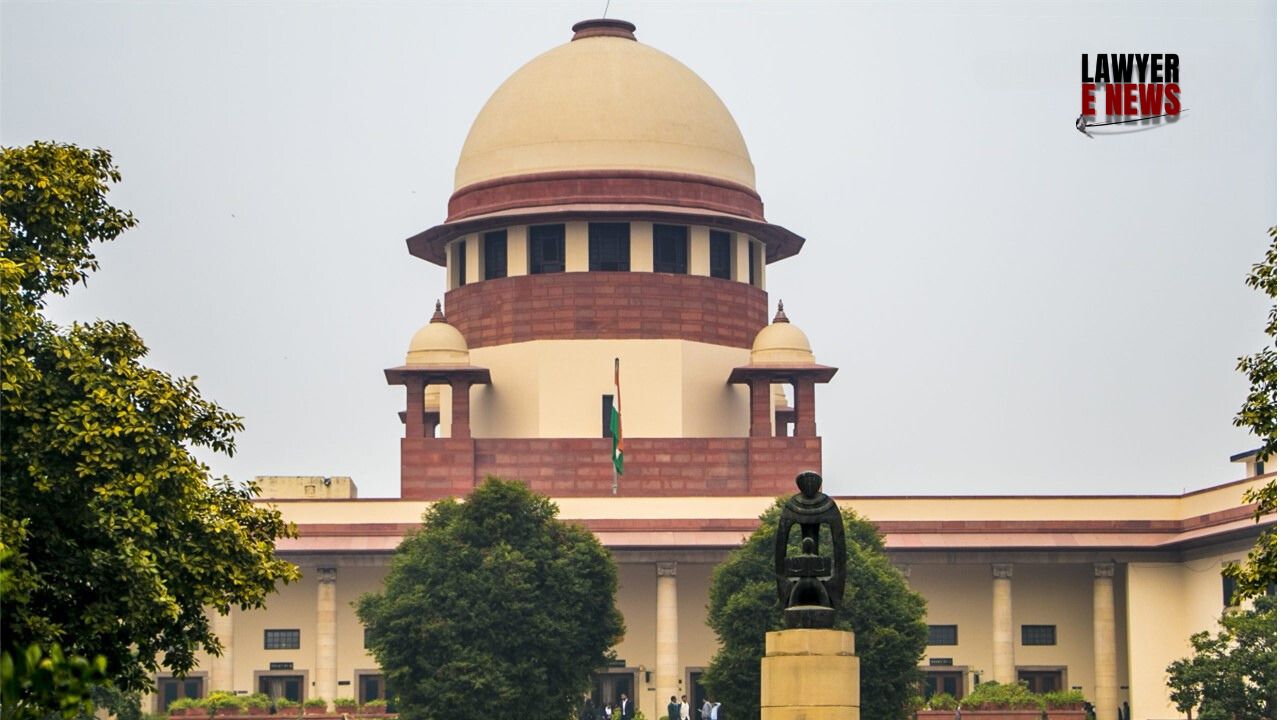-
by Admin
15 February 2026 5:01 PM



Supreme Court of India delivered a significant ruling in Bank of Rajasthan Ltd. vs. Commissioner of Income Tax, concerning the tax treatment of broken period interest in banking transactions. The key issue was whether broken period interest paid by banks when acquiring government securities should be treated as a capital expenditure or deductible as a revenue expenditure. The Court ruled that when such securities are held as stock-in-trade, the broken period interest is deductible as a revenue expenditure.
The appellant, Bank of Rajasthan Ltd., along with several other banks, purchased government securities and paid interest for the period between the last coupon date and the date of purchase—referred to as broken period interest. The bank claimed this amount as a deduction under the head "profits and gains of business" for tax purposes. The Income Tax Department contested this treatment, arguing that broken period interest should be capitalized, not deducted.
The Income Tax Appellate Tribunal (ITAT) had allowed the banks' claim, but the High Court reversed the decision, relying on the Supreme Court's earlier ruling in Vijaya Bank Ltd. v. Additional Commissioner of Income Tax. The banks then appealed to the Supreme Court.
The main issue revolved around whether broken period interest paid by banks on government securities should be treated as part of the purchase price (capital expenditure) or as a revenue expense, which could be deducted in the year of purchase.
Broken Period Interest on Securities as Deductible Revenue Expenditure - Supreme Court
The Supreme Court observed that after the repeal of Sections 18 to 21 of the Income Tax Act in 1989, income from government securities, if held as stock-in-trade, should be treated as business income under Section 28. The Court referred to its previous ruling in Citi Bank NA, which upheld the deduction of broken period interest as revenue expenditure. The Court also noted that the treatment of broken period interest as capital expenditure would lead to academic exercises with no real tax impact, as it would merely adjust the acquisition cost of the securities.
The Court clarified that if securities are categorized as "Held to Maturity" (HTM), they may be treated as investments, in which case broken period interest may not be deductible. However, securities held under "Available for Sale" (AFS) and "Held for Trading" (HFT) are considered stock-in-trade, and the deduction of broken period interest in these categories is allowable.
The Supreme Court reaffirmed that broken period interest on securities held as stock-in-trade constitutes revenue expenditure. The Court restored the ITAT's decision, which had allowed the deduction. It emphasized that the nature of securities—whether they are treated as investments or stock-in-trade—would determine the tax treatment of the interest.
For banks that treated the securities as stock-in-trade, the broken period interest paid at the time of acquisition was considered a deductible expense. The Court also highlighted the relevance of various circulars from the Central Board of Direct Taxes (CBDT) and the Reserve Bank of India (RBI), which supported the practice of treating broken period interest as an expense.
The Supreme Court held that broken period interest paid on government securities should be deductible as a revenue expenditure when such securities are treated as stock-in-trade. The appeals by Bank of Rajasthan Ltd. were allowed, and the High Court's ruling was set aside.
Date of Decision: October 16, 2024
Bank of Rajasthan Ltd. vs. Commissioner of Income Tax
